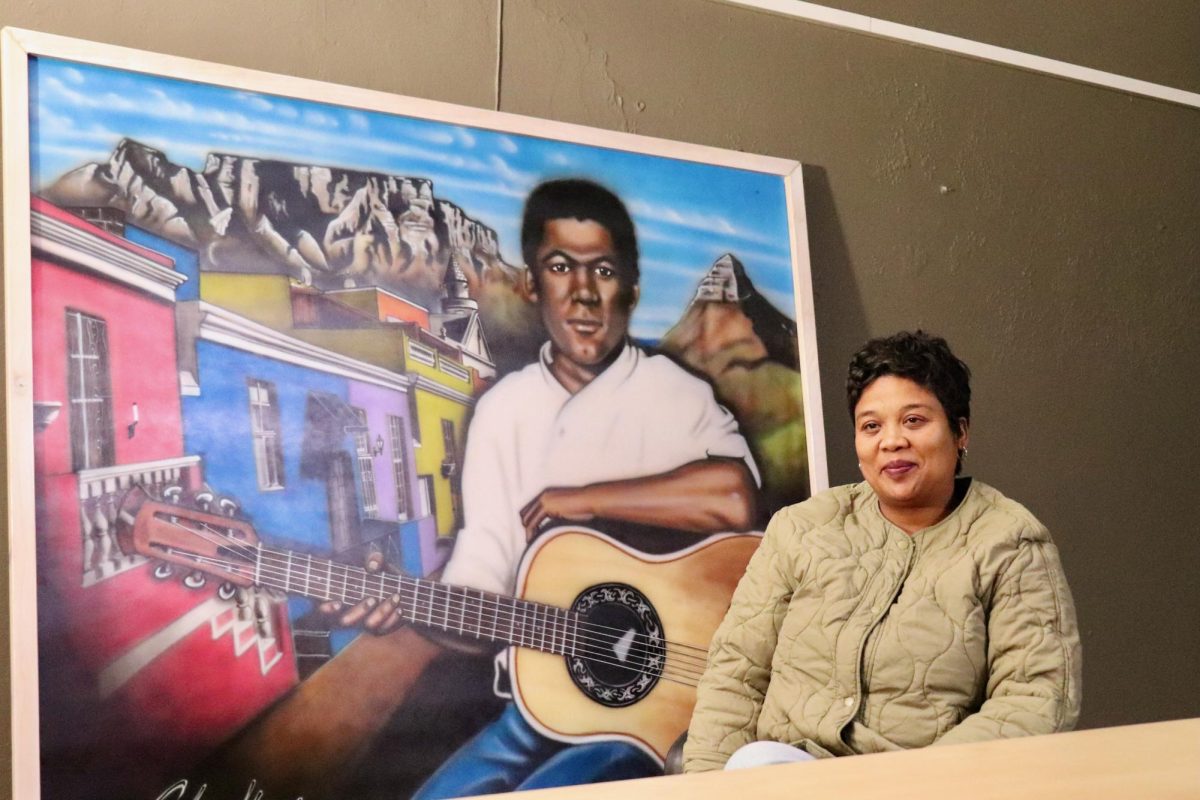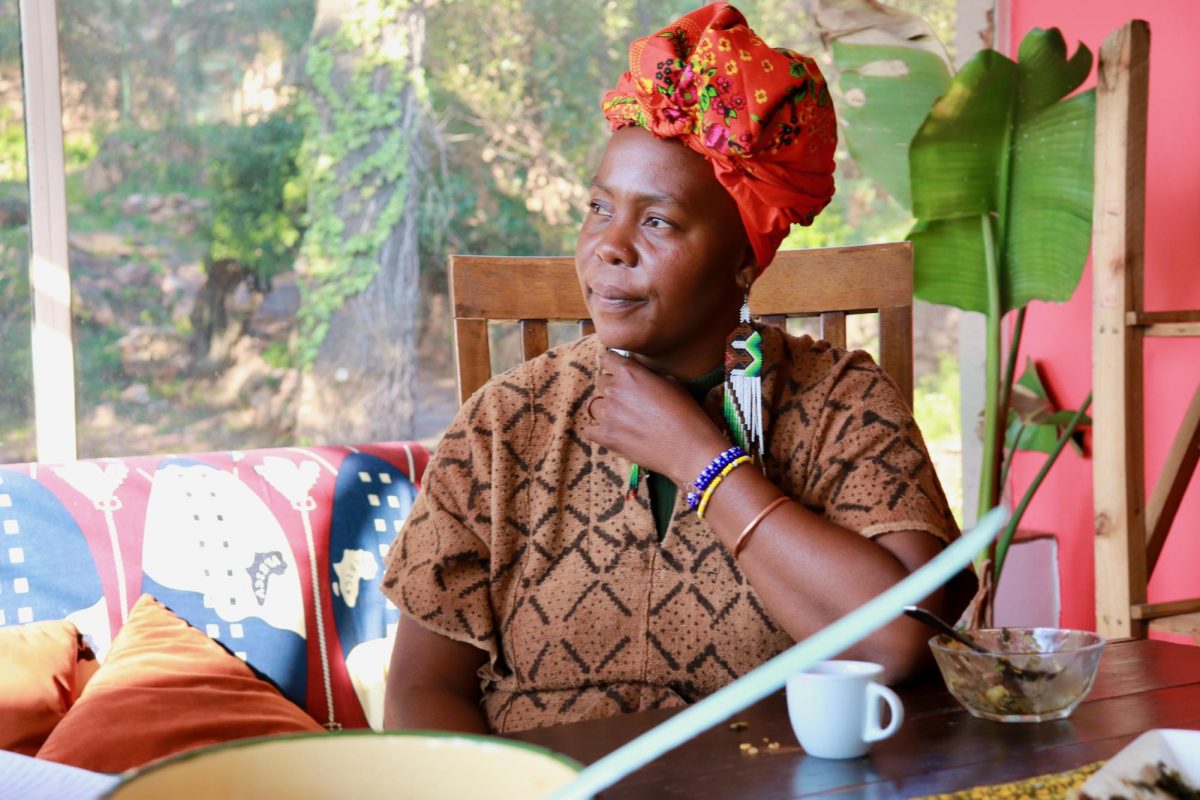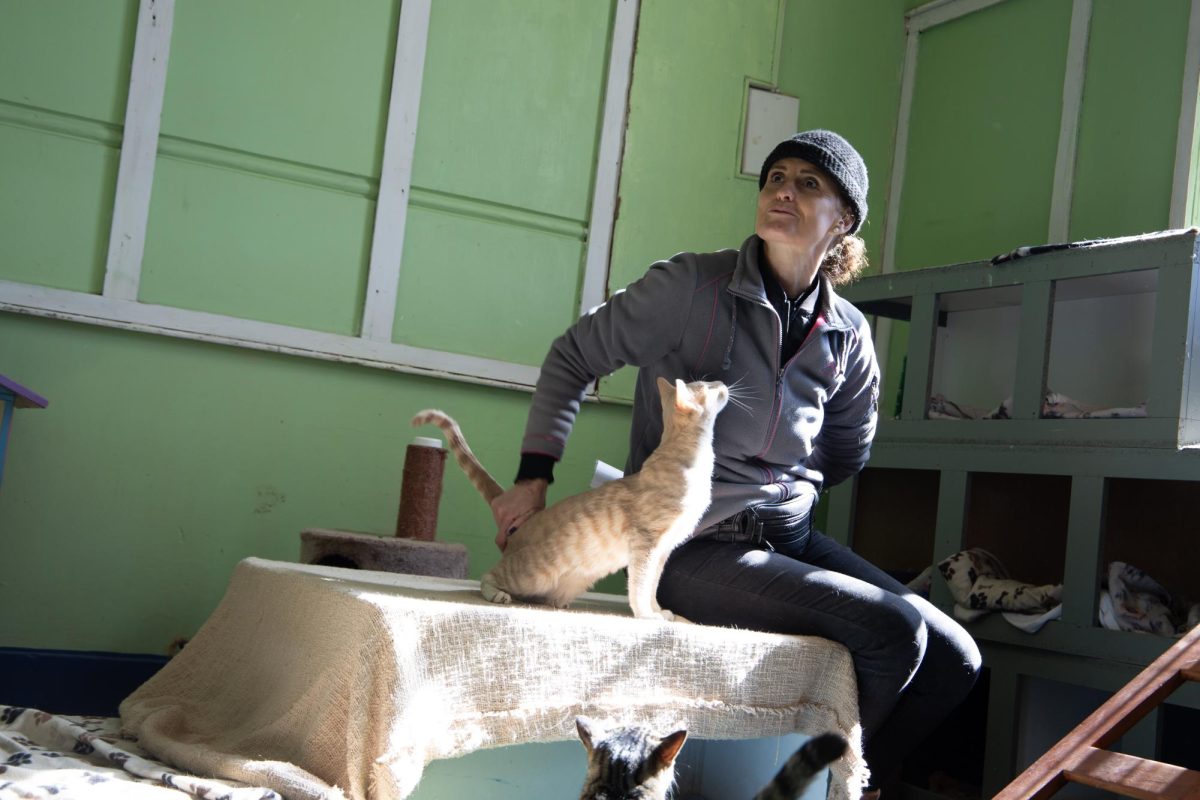How St. Joe’s can help alleviate financial stress
According to Time magazine, “Today more than 44 million Americans have outstanding student loan debt, which has become one of the biggest consumer debt categories. All told, student debt in the U.S. now totals more than $1.5 trillion.”
As students at St. Joe’s, it’s fair to assume many of us are contributing quite a bit to this increasing debt deficit. Many of us are paying thousands of dollars to attend school here, and for what we are paying, we expect quite a bit of return on the investment.
With the national trend in decreasing enrollment, St. Joe’s is working to bring in more students with financial need rather than just those who are eligible for academic scholarships.
This goal seems to be a step in the right direction towards highlighting the importance of getting an education regardless of the price tag on the school. However, the price tag is undoubtedly large and getting bigger every year.
In a country that treats higher education like a business and values profit over quality education, it’s no wonder that the student debt crisis has gotten to the point it’s at today. This mindset is typical in the American higher education system; capitalist principles prevail and education somehow loses value to profit margins.
While St. Joe’s is seemingly working towards showing just how much you can get for what you’re paying, students here are still digging themselves into holes of debt in order to attend this university, and they are not always getting the return on what they have put their money into.
Now, many people across the country are not fully willing to subscribe to a “free college” system that mirrors the education systems in places like Europe. That is a completely different subject to tackle, spilling into tax and jurisdiction issues.
Although many of us are probably emphatic supporters of something mirroring a free higher education system, changing the minds and principles that this country operates on is beyond our pay grade.
However, there are things that schools across the country, St. Joe’s included, could be doing in order to emphasize the value of higher education and combat both the decreasing enrollment levels and the rising student debt deficit.
Financial literacy is one key to doing so. It’s ironic that the institutions putting students in debt should have the responsibility to make sure those students in debt know how to handle it, but it seems as though this is the pragmatic route to take.
Perhaps we should start by offering a required GEP course on financial literacy, helping to prepare first-year students who have decided to attend this university with the money management skills needed to navigate the $1.5 trillion worth of debt (or whatever they are contributing to that number).
Or, the Career Development Center could offer courses of their own, incentivising students with course credits while offering helpful tips and strategies to be as cost-conscious as an undergraduate can be.
Another good resource would be something more personal. Counseling sessions with an assigned financial aid advisor, one similar to an academic advisor, would benefit students who need financial help.
Rather than implementing more group centered lectures and sessions revolving around powerpoints and broad talking points, individual designated financial advisors for each student would put managing finances and student debt in a more personal setting.
While we can support policy changes at the federal level that encourage slight raises in taxes and more support towards financial aid pools to alleviate the aggregate student debt, there is much to do in order to address the problem at hand on this campus.
The immediate issue we face is helping our students who are already enrolled at St. Joe’s or about to enroll to become a #Hawk2024, and one thing this university should be doing to help such students is to encourage a strong foundation in financial literacy.
As individuals, it’s a good idea to encourage changes from policy makers that help to assuage the debt crisis. But at this university, there are students who are drowning in the $1.5 trillion dollar pool as this editorial is being read.
The value of higher education should not be overshadowed by the immense amount of debt and financial pressure students and their parents are forced to accrue. We live in a country where we have the privilege of higher education, yet it’s honestly unreasonable to expect this country and this university to give us the opportunity of free education.
However, if we are going to go into debt over attending school here, this university should subsidize some of our stresses and work to help us navigate the rising levels of debt that so many students struggle with today.
—The Editorial Board
This week’s Editorial Board is comprised of the Editor in Chief, Senior Editor, Managing Editor, Copy Editor, Digital Managing Editor, Photo Editor, News Editor, Assistant News Editor, Features Editor, Assistant Features Editor, Online Editor, Opinions Editor and Assistant Opinions Editor. This editorial reflects the views of the Board and not the entire Hawk staff.






































